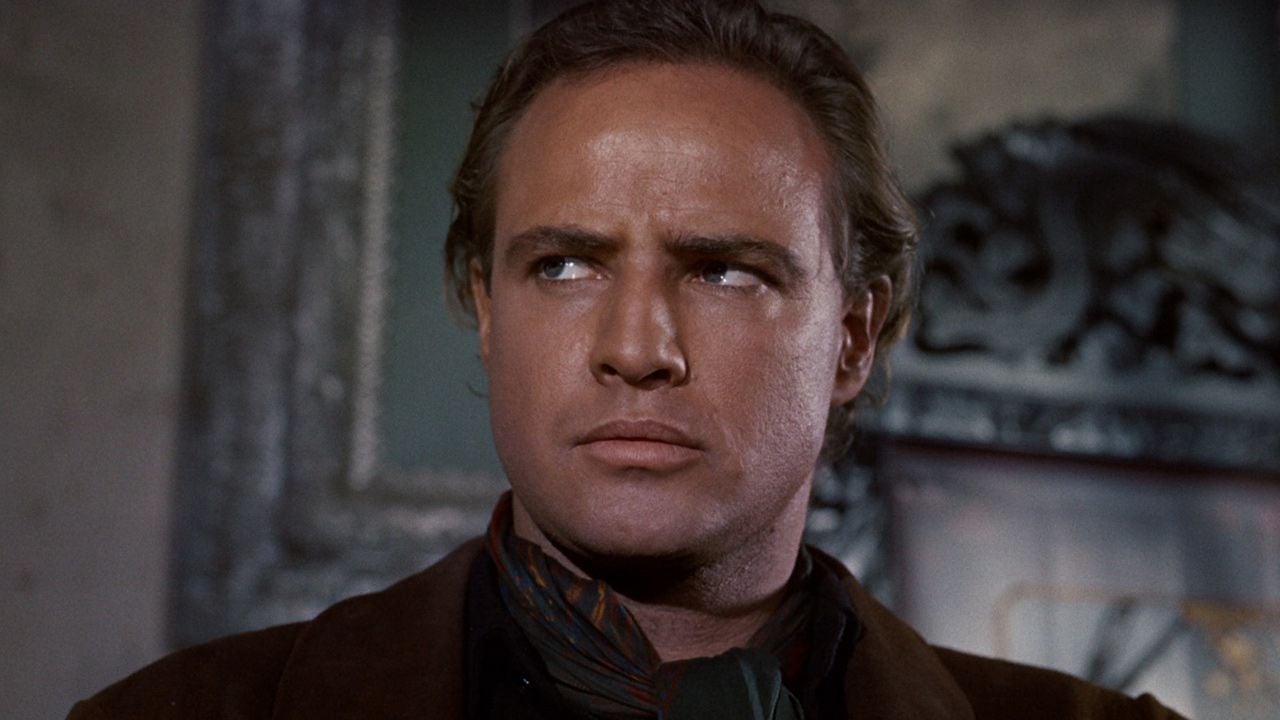Artist is still surprised that song, composed by João Ricardo and his father, João Apolinário, was not vetoed at the time of the military dictatorship
In 1973, when the Dry & Wet burst with his eponymous debut album, the Brazil He still lived the hardest years of military dictatorship. There was censorship, political persecution and other atrocities committed by the current regime.
Ney Matogrossofor example, he says that to this day he does not understand how one of the band’s songs has not been censored. It is about “Spring in the teeth”composed of João Ricardo On top of a poetry of your father, João Apolináriowho would later become a trio entrepreneur – complete by GERSON CONRAD.
According to Ney, not all the group’s songs challenged the veto power of the Public entertainment censorship division (DCDP), an agency that supervised the content of cultural and artistic works. But this, in particular, still impresses him for not being vetoed.
In an interview with the program Conversation with Bialfrom the Rede Globotranscribed by Rolling Stone Brazilthe musician commented:
“For me, the only one I never understood how it happened was’Spring in the teeth ‘. I don’t understand how censorship released this song. Look at the lyrics. “
The lyrics of “Spring in the Teeth”, from Dry & Wet
“Spring in the teeth” has a brief but striking letter about resisting the authoritarian system, either in Brazil or in Portugalwhere John Apolinário fought against fascism. The song to this day is seen as a hymn to individual freedom and against repression.
See the letter:
“Who is aware of the courage
Who has the strength to know that there is
And at the center of the gear itself
Invents against the spring that resists
Who does not hesitate even defeated
Who already lost never despairs
And wrapped in storm
Among the teeth holds spring “
Ney Matogrosso’s hypothesis
Ney Matogrosso considers the possibility that censors did not understand the lyrical content of the song:
“I don’t know how it has passed. They may not have understood. How do you justify this song being released?”
He adds, referring to another song composed by João Ricardo, this time based on a poet of the black poet Solano Trindade:
“‘There are hungry people’which is from that time, I was only able to sing in 1985. “
In 1985, after 21 years of military dictatorship, Brazil underwent a process of redemocratization and returned to the Democratic Rule of Law with the possession of the Civil President José Sarney.
Rolling Stone Brazil – Cazuza Collector Edition
Cazuza, the poet, the musician, the critic of the national reality that remains so current in his attitude-vision, predicting “the future repeat the past.” Exemplary for sale in Site store profile.

See this photo on InstagramA publication shared by Rolling Stone Brasil (@rollingstonebrasil)
+++ Read more: Ney Matogrosso’s only complaint about ‘man with h’
+++ Read more: Why Ney Matogrosso painted his face with Dry & Wet
+++ Read more: Ney Matogrosso’s explanation of the end of the novel with Cazuza
+++ Read more: Jesuit Barbosa’s main hit in ‘Man with H’, according to Ney Matogrosso
Source: Rollingstone
Earl Johnson is a music writer at Gossipify, known for his in-depth analysis and unique perspective on the industry. A graduate of USC with a degree in Music, he brings years of experience and passion to his writing. He covers the latest releases and trends, always on the lookout for the next big thing in music.









